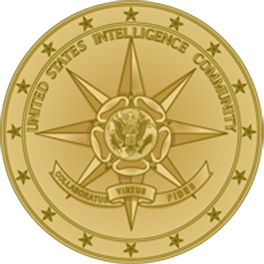Meet Dr. Nicholas Byrd

Dr. Nicholas Byrd
Advisor: Simon Cullen
Institution: Carnegie Mellon University
Bio: Nick Byrd is a philosopher-scientist employing psychological science to understand individual and group reasoning about logic, math, science, politics, religion, morality, public health, and other domains that are related to international disputes, polarization, and well-being. Their training in philosophy, cognitive science, and computer science allows for a unique understanding of 21st century problems by employing not only the history of ideas, but scientific methods and digital technology. Among the results are global interdisciplinary collaborations funded by various public and private stakeholders. The latest information about Dr. Byrd can be found at byrdnick.com.
Abstract: Since joining the Intelligence Community Postdoctoral Research Program, Dr. Byrd has been working with Simon Cullen, Steve Reiber, and collaborators to deliver an open-source app, Socrates, for studying and improving reasoning among individuals and groups. So far, the results suggest that reasoning improves most when people discuss their answers with someone that arrived at a different answer (compared to reasoning on one’s own). The benefits of discussion are slightly improved by adding a financial reward that depends on both parties to the discussion (a) agreeing on the best answer and (b) that answer being the best answer (of the available responses). In the future we will test additional influences on reasoning: revealing vs. veiling the identity of one’s discussion partner, visualizing the logic of the target argument under discussion vs. presenting it as standard prose, reframing the discussion (e.g., “convince your partner” vs. “understand your partner”). We will also test additional individual reasoning conditions to better mimic the features of the discussion task (e.g., “Write a short dialogue between yourself and someone with the opposing view in order to consider the best reasons for both sides.”) This app and its results can be used not only in intelligence analysis, but also in social science more generally. By studying real-time reasoning among both individuals and groups, this method brings reasoning interventions and research closer to its real-world counterparts than some of the most common protocols available today.



